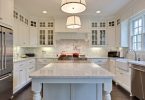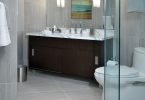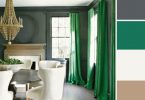What are the most important things to consider when designing a home office?
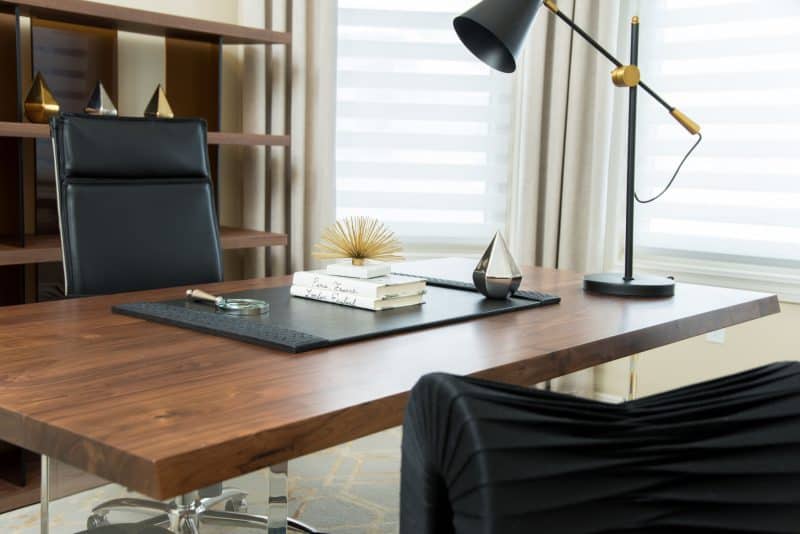
When designing a home office, there are 8 key areas to consider:
- Equipment – What equipment will you need in order to work in this space? This includes technology, work surfaces and any items you will need to properly complete the intended work.
- Organization – What will you need to store? What equipment, paperwork, resources, and supplies will you need to be able to access regularly? Items you don’t need often, such as old files or tax paperwork from previous years, could be stored elsewhere but items you use regularly will need to be placed in an area where they are easy to access.
- No Clutter – Clutter is a major productivity killer! Look for storage and organization options that will allow you to put things away or out of sight when not in use to help reduce the clutter!
- Good Lighting – Poor lighting not only effects your productivity but also your health! Ensuring you have proper lighting for each task helps to avoid eye strain, headaches and more!
- Privacy – This is especially important if you are not the only person living in the home! If your spouse or children will be home during your working day, you need to consider how their daily activities may effect your workflow. What can you do to minimize distractions and noise? This might include location, soundproofing, etc. If you will have clients visiting the home, you may also want to consider how much access you want them to have to the house. Can you locate the home office so that it is close to an entrance or so that it has it’s own entrance to avoid having clients walk threw our home to access your office?
- Ergonomics – When selecting furniture and equipment for your home office, consider the ergonomics of each piece to ensure your workspace is productive but also healthy and comfortable!
- Layout – The main thing to consider when planning the layout for your home office is access. The layout should allow easy access to all work surfaces, equipment and supplies at all times without restricting work flow.
- Colors – Color is more important than we often realize! Color can effect our mood, our appetite and even our productivity! Knowing how different colors affect us and how you work best will help you determine what colors will make the best working environment for you! If cleanliness and organization are motivational to you, a crisp white or warm grey space may be just the thing. If you thrive on high energy or optimistic vibes, perhaps a red or yellow will be right up your alley! For more on how different colors affect us and our work spaces, check out this article!
How can I make my home office more efficient?

The keys to an efficient home office are proper equipment, adequate workspace and available storage! If you are finding that you feel less productive in your home office, it is likely that there is something missing in one of those areas.
What equipment do you need to be able to do your job properly? For most, this will include a computer or laptop, a printer, perhaps a scanner, a desk phone, etc. Make sure that items you will need frequently are available close at hand. Nothing wastes time like having to traipse across the house every time you need to print something!
Adequate workspace is also important. For many, that simply means having space for a laptop and a desk is sufficient enough. But, if your job requires going over large blueprints, a larger work surface may be required. For others, workspace may also mean a white board or chalk board for brainstorming sessions. Trying to accomplish tasks in a space that does not meet your needs will reduce your productivity.
Finally, storage is also an important consideration. Most importantly, this means being able to keep the items you need regular on hand and organized so you can find them easily. This may mean a bookshelf for reference texts, notebooks, etc. It may mean a filing cabinet to keep customer files and paperwork close at hand.
If you’re feeling unproductive or feel like you waste a lot of time looking for things, consider your workflow and ask yourself what you can do to ensure you have the right workspace, properly organized with everything you need close at hand and readily available.
Should I sacrifice my spare bedroom in order to have privacy or located my office in the open space common area of my home?
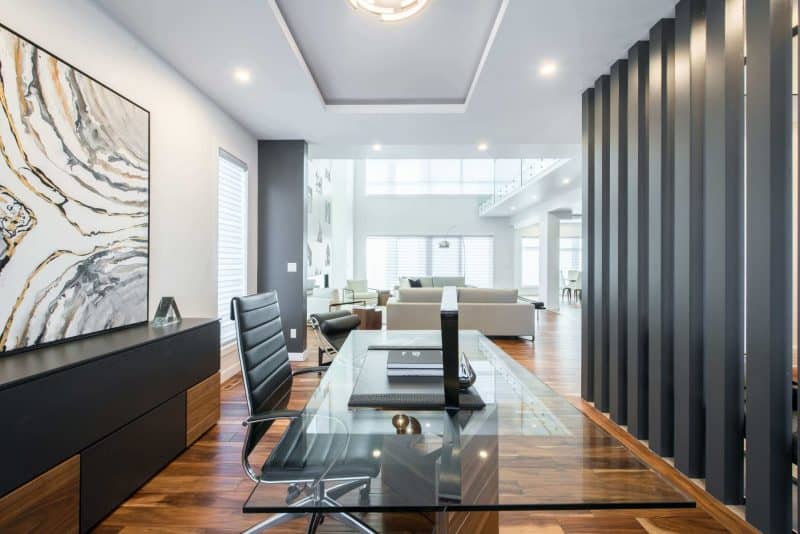
This is a complicated question and requires assessing what your work needs and home environment entail. Privacy can become increasingly important if you have a family, especially with small children who can be distracting. It is also important to consider things like how much time you spend on the phone or video calls with clients, if you will have clients/visitors coming into the home, etc. An open area closer to the entrance may provide easier accesses for guests.
If you need a private space in order to be productive, a spare bedroom can make a great option for an office, depending on it’s location in the home. There are many great multi-functional furniture options available that may allow you to create a home office without sacrificing the benefits of a spare bedroom. A wall bed, for example, would maintain the function of a spare bedroom but can be tucked away during the work week to allow the room to function as a home office as well!
Both options have their pros and cons and the right solution for you will depend on your unique work/home situation and your workflow needs.
Latest posts by Susan Jomha (see all)
- Ask a Designer: Living Room Design - July 13, 2025
- Ask a Designer: Color of the Year 2021 - July 13, 2025
- Ask a Designer: Powder Rooms and En-suites - July 13, 2025



